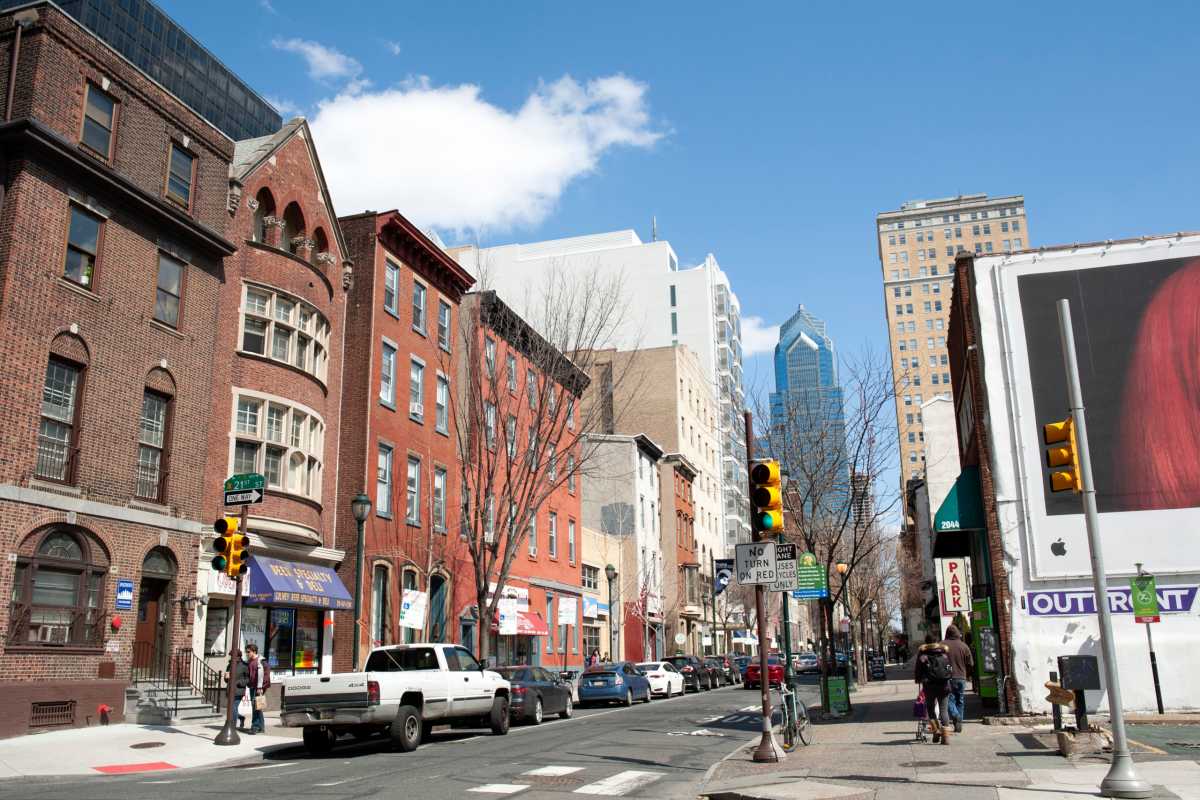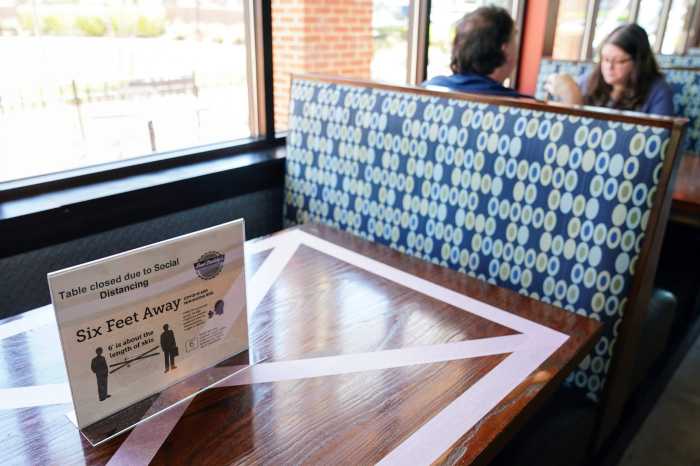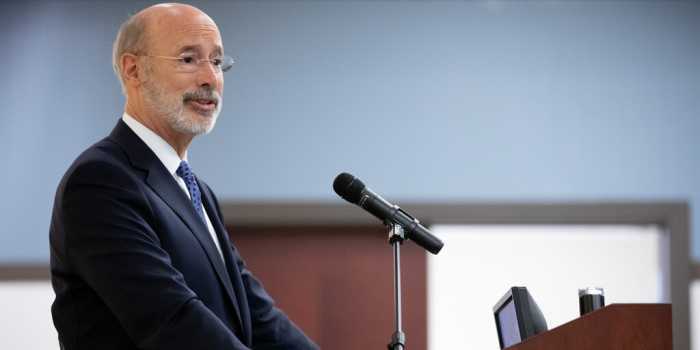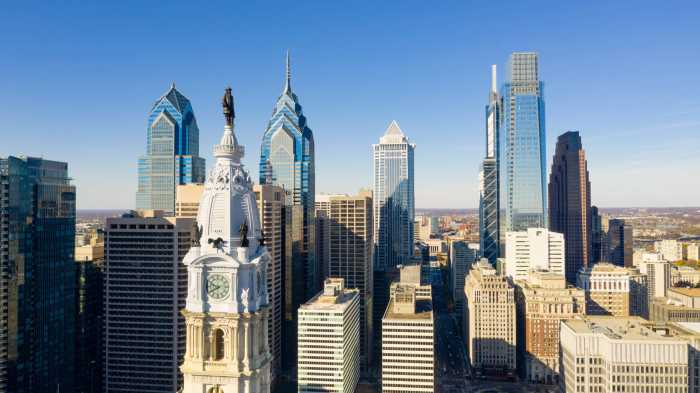Own a business and weren’t able to qualify for the Paycheck Protection Program? You may be in luck.
This week, the Biden administration amended the loan program, opening up potential funding for thousands of businesses that were not originally eligible.
Perhaps the most impactful change, especially for minority-owned businesses, will be an alteration to the formula for sole proprietors, independent contractors and self-employed people, said Ian Lawrence, a senior director at the West Philadelphia-based Enterprise Center.
Beginning in early March, possibly as early as next week, those business owners will be able to use their gross income instead of their net income on PPP applications.
For many smaller firms, their net income is negative, meaning they didn’t qualify for a loan at all, or miniscule, Lawrence said.
Even those who did get approved often received hundreds of dollars, not thousands, hardly enough to keep afloat. Using gross income, Lawrence said, they should be able to get more substantial loans.
“This change is actually going to open up the PPP to a larger number of businesses, particularly businesses of color,” he said. “That is going to really change the math for a lot of people.”
PPP, established by the CARES Act in April, reopened last month, following December’s federal stimulus package. It provides loans to businesses with under 500 employees that are forgivable if certain conditions are met.
Problems with the program have been well-documented, with some of the money going to larger companies that were not at risk of shutting their doors.
“When the Paycheck Protection Program was passed, a lot of these mom-and-pop businesses just got muscled out of the way by bigger companies who jumped in front of the line,” President Joe Biden told reporters earlier this week.
His administration said $1 billion in PPP money has been reserved for sole proprietors, independent contractors and self-employed people in low and moderate income areas.
Among the other changes to the program is a 14-day window that opened Wednesday during which only employers with less than 20 workers can apply for loans.
White House officials said the goal is to get banks and other lenders to focus on smaller businesses that may need more time to gather paperwork.
Before PPP resumed in January, a host of organizations, including the Enterprise Center, started a campaign encouraging Black and brown business owners to begin prepping their applications.
Lawrence said the Enterprise Center, which acts as a minority-focused lender in addition to its business and community development work, has processed $10 million in PPP loans over the last month.
In addition to the new rules for sole proprietors, business owners with non-fraud felony convictions within the past year will now be able to qualify for PPP loans, unless they are actively serving jail time.
Another group that was previously excluded, people who are delinquent on their student loans or have defaulted on their education debt in the last seven years, will also be eligible.
Business owners who want more information about PPP can register for a free Enterprise Center workshop this Friday at noon.
The city’s Department of Commerce can also answer questions through the business services hotline at 215-683-2100 or by emailing business@phila.gov.































